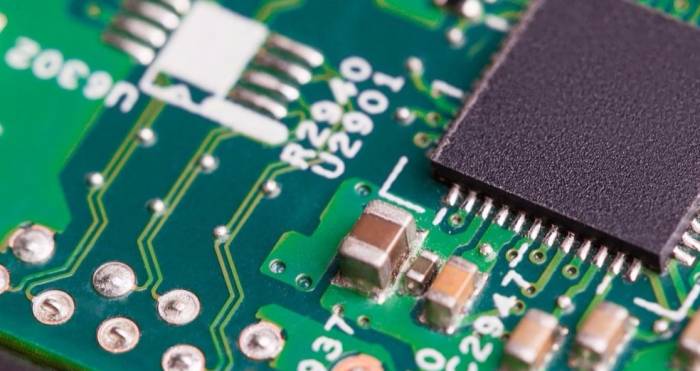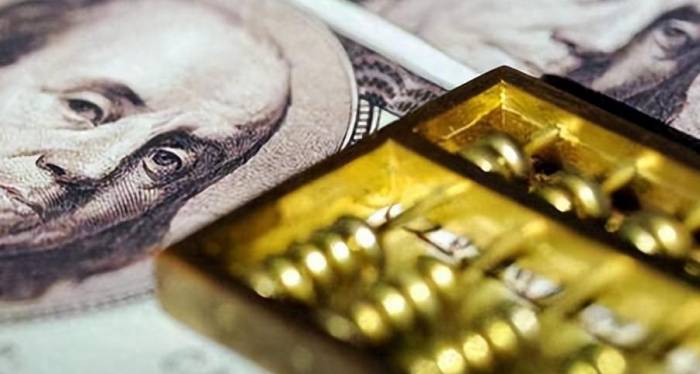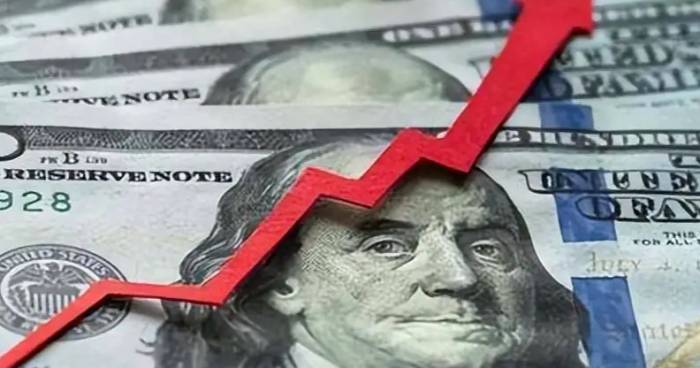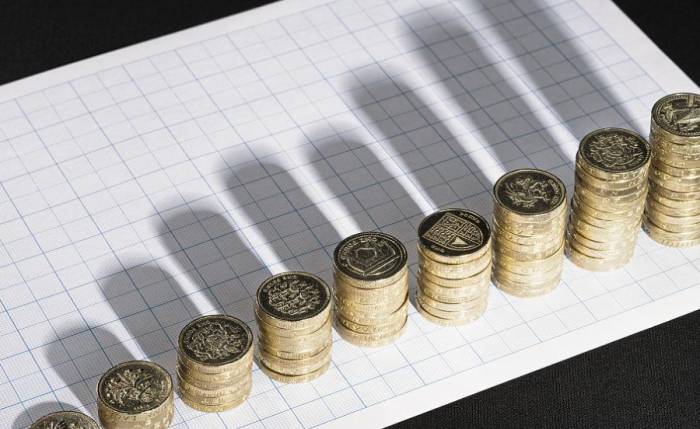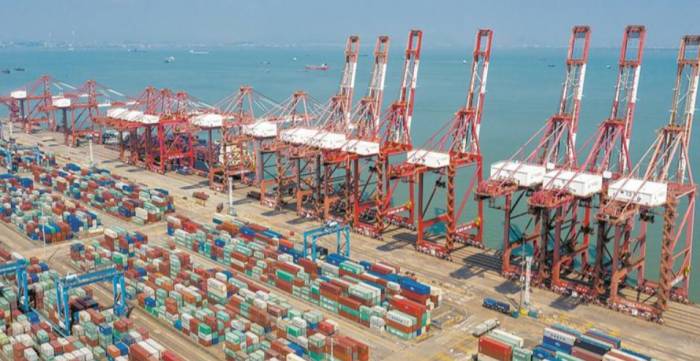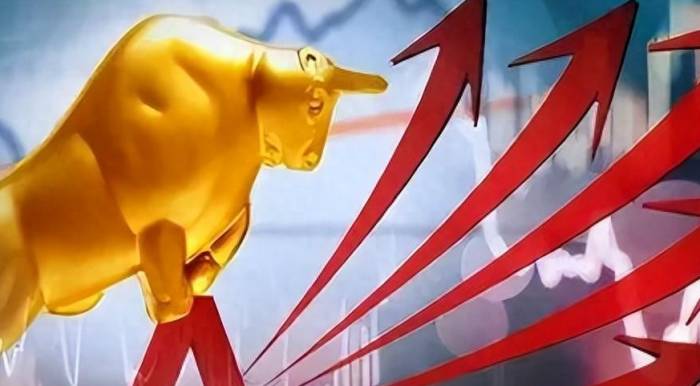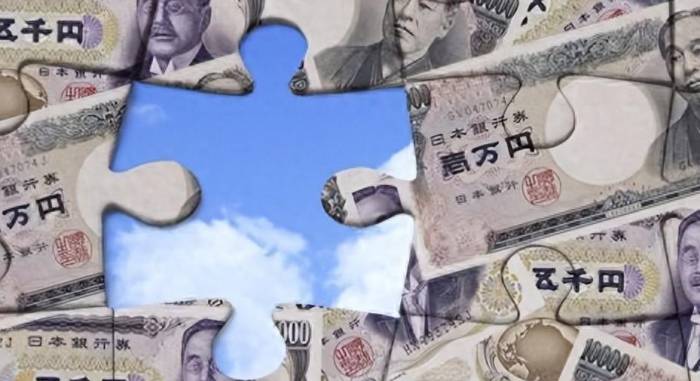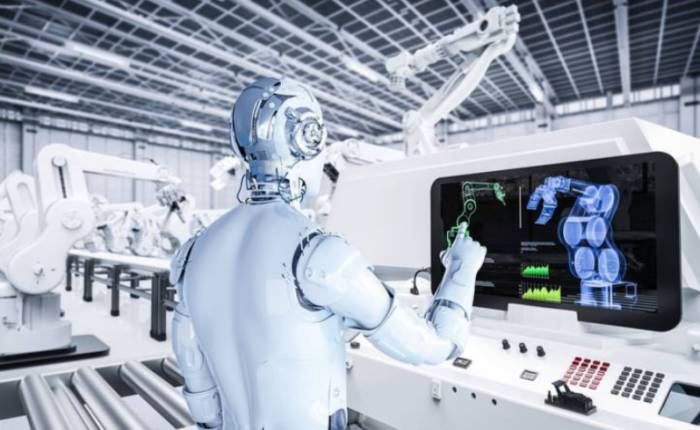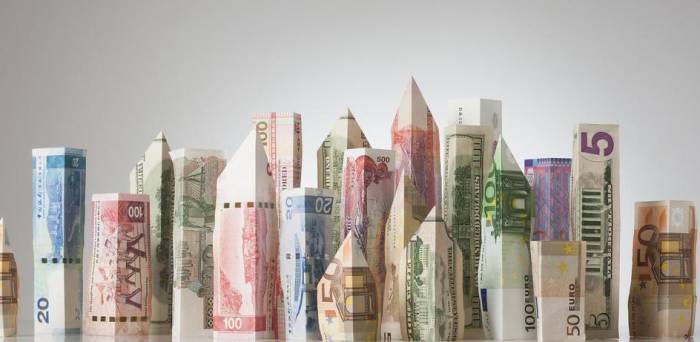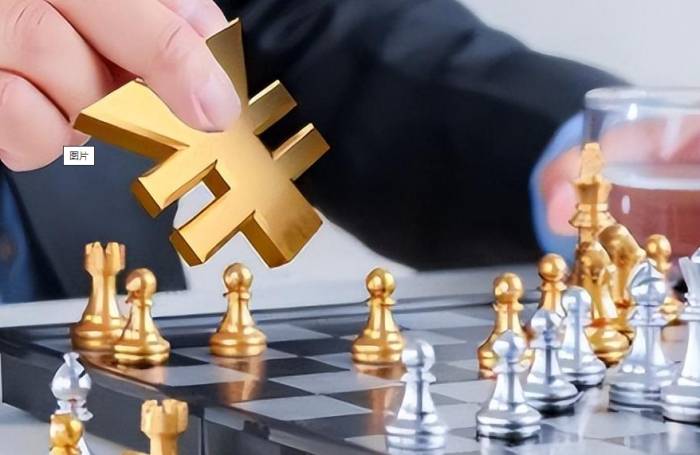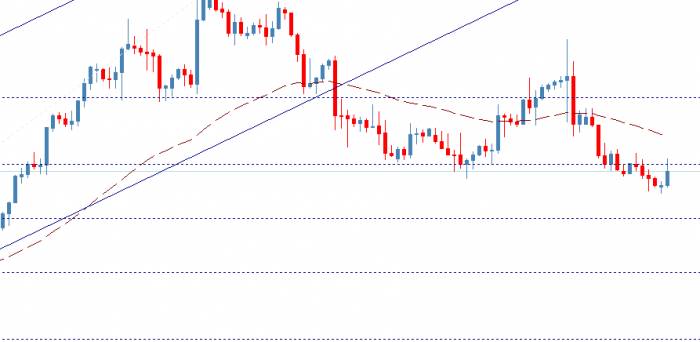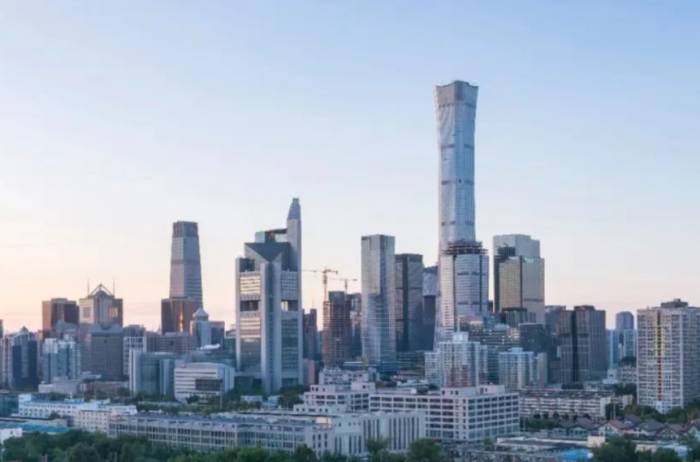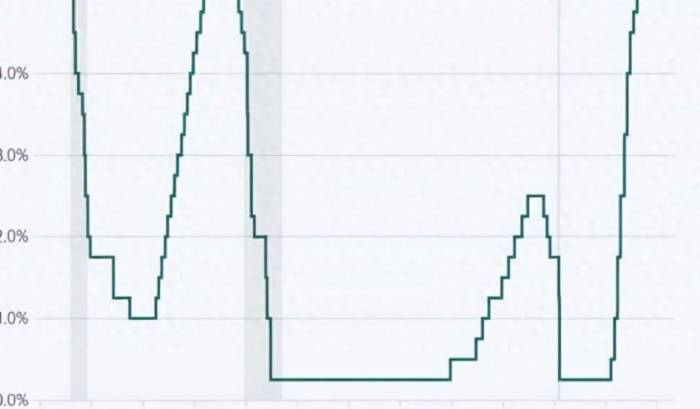Entering March 2023, the global landscape has undergone certain changes, one of the most significant being the structure of the chip market.
In this shift, Intel Corporation once again became the world's largest chip enterprise, with revenues reaching $51.197 billion, thus regaining the top position globally.
So, which chip enterprise previously replaced Intel to become the world's number one?
That was Samsung.
How did Samsung fall from the top to third place, and why did this happen?
What is the target they are aiming for?
Samsung is desperately trying to catch up; let's take a look.
In March 2023, Samsung Electronics, the world's largest chipmaker, set a goal at its shareholders' meeting to regain the top spot globally within two to three years.
To quickly reclaim the first position, Samsung is mobilizing all its forces with a united effort.
How did Samsung once seize the top position?
At the financial report meeting in 2022, Samsung was firmly in the first place globally, with total annual revenues of $44.374 billion, but its revenues were declining, down by 33.8%.
This is why Samsung's position fell, and it was puzzling to outsiders.
Samsung has always been at the top in terms of revenue, but this time it fell to third place.
What happened?
The main reason is the decline in sales of Samsung's memory chips, which is its core business, caused by the falling prices of Samsung's memory chips, which is the main reason for the decline in revenue.
Despite the severe decline, there is still a gap of $972 million, falling to the third position.
Samsung's fall to third place also involves semiconductors and display panels, but Samsung has taken off quickly in semiconductors.
In 2017, Samsung's global share had already surpassed that of the global chip industry giant Intel.
Although Intel has been at the top for more than 50 years since its establishment, Samsung held about 16% of the global semiconductor share, with sales exceeding $104 billion.
However, Samsung was once surpassed by Intel, and from 2017 to 2021, Intel remained firmly in the top position globally.
But at this time, Intel's share in global semiconductors was surpassed by Samsung.
In 2017, Intel's share was about 15.8%, while Samsung had 18.8%.
Although Samsung's sales revenue has declined by 33.8%, Intel's revenue has increased by 6.1%, but Samsung's revenue is still $972 million higher, and Samsung has been expanding production, which is why Samsung wants to regain the top position globally.
After all, the global chip industry has been developing very quickly over the years, and in China's memory chip industry, especially in Wuhan, the chip industry is gradually rising.
This has also led to Samsung's position in the chip field being overturned.
At the same time, we can see that the competition in the chip field has become more intense, and chip technology is changing rapidly, with some technologies being mastered domestically first.
In terms of chip foundry technology, Samsung is also at the top of the world, and it has always been the world's first, but now it seems that this position is no longer stable.
Because TSMC has taken off domestically, and now it has invested $200 billion in expansion, and its more refined process is increasingly sought after by domestic and foreign manufacturers.
At the same time, China is also the world's largest chip market, so Samsung's idea of not building more factories in the Chinese market may lead to its position as the leader in the chip industry being taken away.
In order to regain the top position globally, Samsung has also changed in chip technology.
The new generation of chip products will be the first to use GAAFET transistor technology, and it is also the second chip manufacturer in the world to use GAAFET technology, which was announced at Samsung's press conference.
The technology it uses has surpassed TSMC and Intel, and the news released by Intel also shows that its next generation of chip products will also use GAAFET technology.
It can be seen that the world's top chip manufacturers have all chosen GAAFET technology, and this technological advancement has made a leap in the performance of chip processors for global smartphones, computers, and other smart hardware.
According to the person in charge of Samsung, there are more than 18 billion capacitors and transistors in Samsung's 5-nanometer chips, and more than a thousand wires will also be used, all of which are the results provided by Samsung itself.
It can be seen that Samsung has put a lot of effort into technological innovation, after all, training talents and technological research and development require a certain amount of funds.
In the competition with TSMC, Samsung is not polite at all.
At the same time, Samsung also stated that it will be the first to achieve mass production of 3-nanometer GAAFET technology in 2025.
After all, to stand on a higher level in technology, it must be upgraded on the basis of the previous generation of products, otherwise it will be eliminated.
In terms of chip technology, Samsung previously announced an investment of 25 trillion won for the construction of chip factories, including three bases for research and development and production in the laboratory, and Samsung also plans to invest 85 trillion won for the research and development and production of electronic materials.
It can be seen that Samsung is not stingy, and its huge investment in scientific research is also a big move.
Samsung is undoubtedly pressing the accelerator at this time, but as the vanguard of Samsung, it is still facing the problem of technological leadership.
Although Samsung has already taken a very leading position on the road of technological innovation, we find that there are still problems in how to effectively implement technology.
After all, it is not a matter of a day to achieve commercial application of technology research, and there is no experience in the application process.
As early as eight years ago, Samsung relied on the research and development team and technology to continuously break through, why can TSMC use its technology in the actual industry first?
This is because TSMC has balanced the relationship between the two, and its technology is relatively advanced, and it also has a balanced development in its own industry, and the two are advancing together, while Samsung is the opposite, and the technology has not yet achieved a breakthrough in the industry.
Although Samsung has reached the world's first in chip technology at this time, problems also come with it.
Technology is always updating and iterating, so if Samsung is a bit slow in technology, it will fall to the bottom of the world.
Whether it is Intel or TSMC, Samsung needs to be vigilant at all times, so if Samsung wants to return to the top of the world, it must maintain a technological advantage and technological innovation.
At the same time, it is also necessary to increase output value.
Samsung previously rose rapidly with memory chips, but there are also greater risks hidden in it.
Once it falls at this time, Samsung's financial crisis will not be solved in a short time.
At the same time, there are also Samsung's figures in other chip fields, such as CPU, GPU, APU, and NPU.
If there are achievements in these fields, Samsung's threshold will be higher.
To regain the top position in the world is not a matter of Samsung alone, but involves the entire team.
Samsung must not only maintain a technological advantage but also do a good job in market operations, both of which are indispensable.
Therefore, if Samsung wants to regain the top position in the world again, there is still a long way to go.
